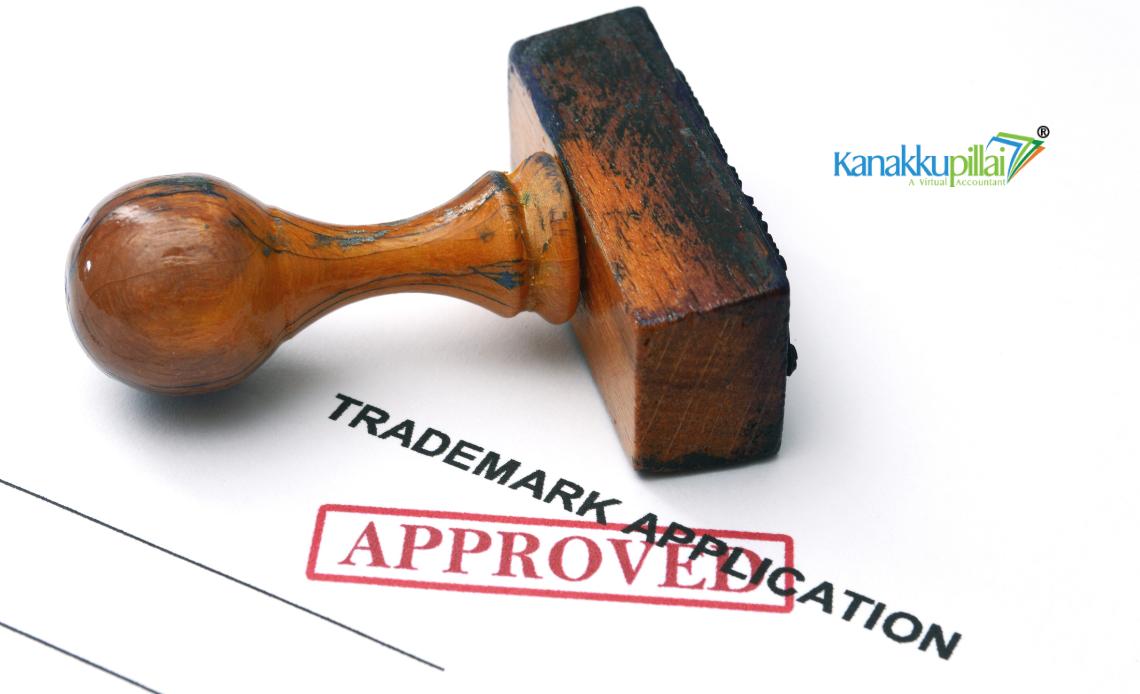Being an Indian company helps one to understand the need for trademark filing. Starting the renewal process six months before the end date helps one avoid losing legal rights, as trademark registration in India has a validity term of ten years. This blog will look at the difficulties Indian companies have throughout the trademark update process and provide answers to get over these hurdles.
What is Trademark Renewal?
Maintaining the legal safety of your business name depends heavily on trademark registration. It ensures that your name stays legal and under protection from others’ misuse. Ignoring to update your trademark may cause you to lose your legal rights, therefore letting others use your brand name and image without your permission.
Significance of Trademark Renewal
Several factors make trademark renewal significant:
- Renewal guarantees that your brand name and image remain intact, therefore preventing others from utilizing yours.
- Renewal is required legally to maintain the legitimacy of your trademark registration.
- Renewal guarantees that your company maintains competitiveness by helping to safeguard the long-term investment in your brand.
- A protected trademark provides you a competitive advantage over your rivals, therefore enabling you to retain a strong market presence.
Common Challenges Faced in Trademark Renewal
Despite its worth, trademark expansion can be a tough process for Indian companies. Some common problems include:
- Lack of Awareness: Many businesses are unaware of the patent renewal process, leading to missed dates and lost rights.
- Budget limits: Budget limits can make it tough for businesses to allocate funds for brand renewal.
- Missed Renewal dates: Missed dates can result in the loss of legal rights, requiring costly and time-consuming court processes.
- Complex Renewal Process: The trademark renewal process can be complex and requires expert knowledge and experience.
- Monitoring your brand for probable infringements may take time and money, depending on competing trademarks.
- Ensuring legal documentation in line with a change of ownership might be a big effort for you.
- Geographical growth: Planning your growth plan carefully is important to ensure brand security across different areas.
- Trademark Use Requirements: Maintaining thorough records of trademark use can be a big job.
- Legal Challenges: Resolving legal problems linked to brand abuse can be a difficult and costly process.
Case Studies
To better understand the problems and answers, let us consider a few case studies:
- Importance of Continuous Use: Implementing a way to track and record product sales and marketing efforts can help ensure the continuous use of your brand.
- Managing Multiple extensions: Adopting trademark management tools can ease the process of managing multiple brand extensions.
Conclusion
Trademark filing is a critical step in keeping the legal defense of your business name. Understanding the hurdles and solutions can ensure good brand protection. By being aware of the importance of trademark renewal, planning for the process, and finding a qualified trademark attorney, Indian companies can beat the obstacles and keep a strong market position.





